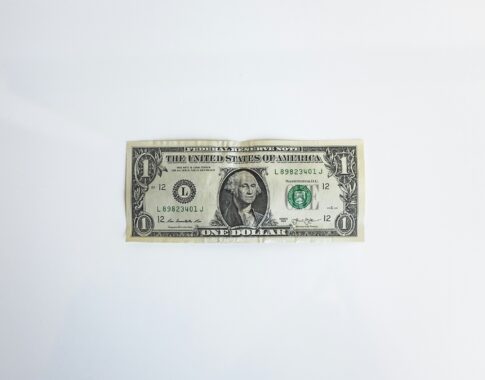Today, I will explain the following site. (AI-generated)
最もホットなマクロ・ショートに脱落の危機、円は最悪期 – Bloomberg
Contents
Understanding the Recent Surge in the Japanese Yen
The Japanese yen has experienced a significant uptick in value, breaking away from its previous downward trend. This sudden rise has caught the attention of many currency strategists who believe that the yen still has room to grow. On the 17th, the yen soared past the 156 yen to the dollar mark for the first time since June, fueled by speculation of intervention by Japanese monetary authorities, resulting in a nearly 4% increase from the previous week.
What Triggered the Yen’s Sharp Rise?
Several factors have contributed to the yen’s sharp appreciation. The possibility of the US Federal Reserve (the Fed) moving towards a rate cut as early as September has led investors to reassess the currency’s value. Additionally, critical comments on exchange rates from former US President Trump and influential Japanese politicians have supported the yen’s rise, alongside expectations of a potential interest rate hike in Japan in the coming months.
Strategists’ Views on the Yen’s Potential for Further Growth
Market analysts, such as Jun Kato from Shinkin Asset Management Trust, managing 1.23 trillion yen (approximately 79 billion dollars), suggest that the era of yen depreciation may be over. They point to the narrowing gap in real interest rates between Japan and the US, due to slowing inflation and cooling labor markets in the US, as indicators of this change.
How the US Federal Reserve’s Potential Rate Cut Could Affect the Yen
A potential rate cut by the Fed could lead to a weaker dollar, thereby making the yen more attractive. This shift in monetary policy could further bolster the yen’s position, especially if investors anticipate a more aggressive rate cut cycle in the US.
Political Influence on Currency Markets
Political statements and policies can have a profound impact on currency markets. Recent remarks from political figures have sparked discussions about the strategic direction of major currencies like the yen.
Former President Trump’s Remarks on Currency Issues
In an interview with Bloomberg Businessweek, former President Trump expressed concerns over currency issues, particularly the depreciation of the yen and the yuan, suggesting that the US faces significant currency challenges. His comments have raised the possibility of a weaker dollar policy should he win the November presidential elections.
Japanese Digital Minister Taro Kono’s Call for Higher Interest Rates
On the 17th, Japanese Digital Minister Taro Kono advocated for higher policy interest rates to strengthen the yen and reduce energy and food costs, during an interview with Bloomberg Television. Kono noted that while a weaker yen could boost exports, the benefits for Japan are limited due to many Japanese companies having production bases overseas.
Implications for Traders and the Japanese Economy
The recent movements in the yen have significant implications for currency traders and the Japanese economy, influencing strategies and policy decisions.
Japan’s Currency Intervention: Scale and Impact
According to Bloomberg estimates, the Japanese government and the Bank of Japan intervened in the currency market, buying yen in substantial amounts on the 11th and 12th, following a series of large-scale interventions from late April to early May. These actions demonstrate Japan’s commitment to defending its currency.
The Risks Traders Face: US Elections and Interest Rate Divergence
Traders must navigate a complex landscape with risks such as the upcoming US presidential elections and the divergence in interest rates between Japan and the US. These factors can introduce volatility and uncertainty in currency markets.
Is the Yen Truly Out of Its Worst Phase?
While there is a growing consensus that the yen may have moved past its lowest point, opinions are still divided. Yujiro Goto, Chief FX Strategist at Nomura Securities, suggests that while the tide may have turned for the yen in the short-term, it’s too early to make a long-term judgement. The yen’s recent performance, reaching a one-month high of 155.38 yen to the dollar and hovering around 156.30 yen in the afternoon, still leaves it as one of the weakest among the major currencies, having declined by about 10% since the beginning of the year and remaining in a historically low range since the 1980s.













